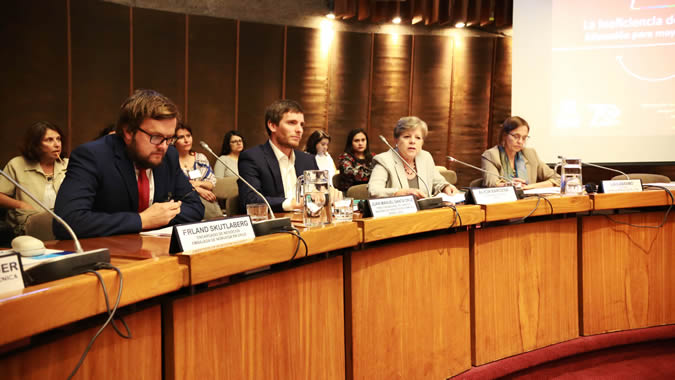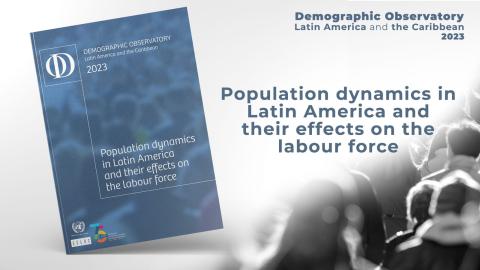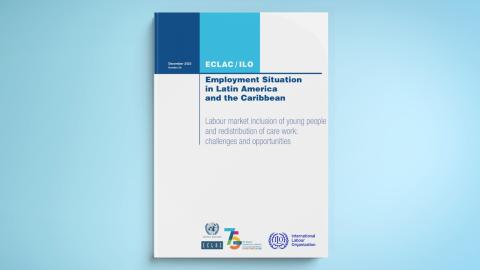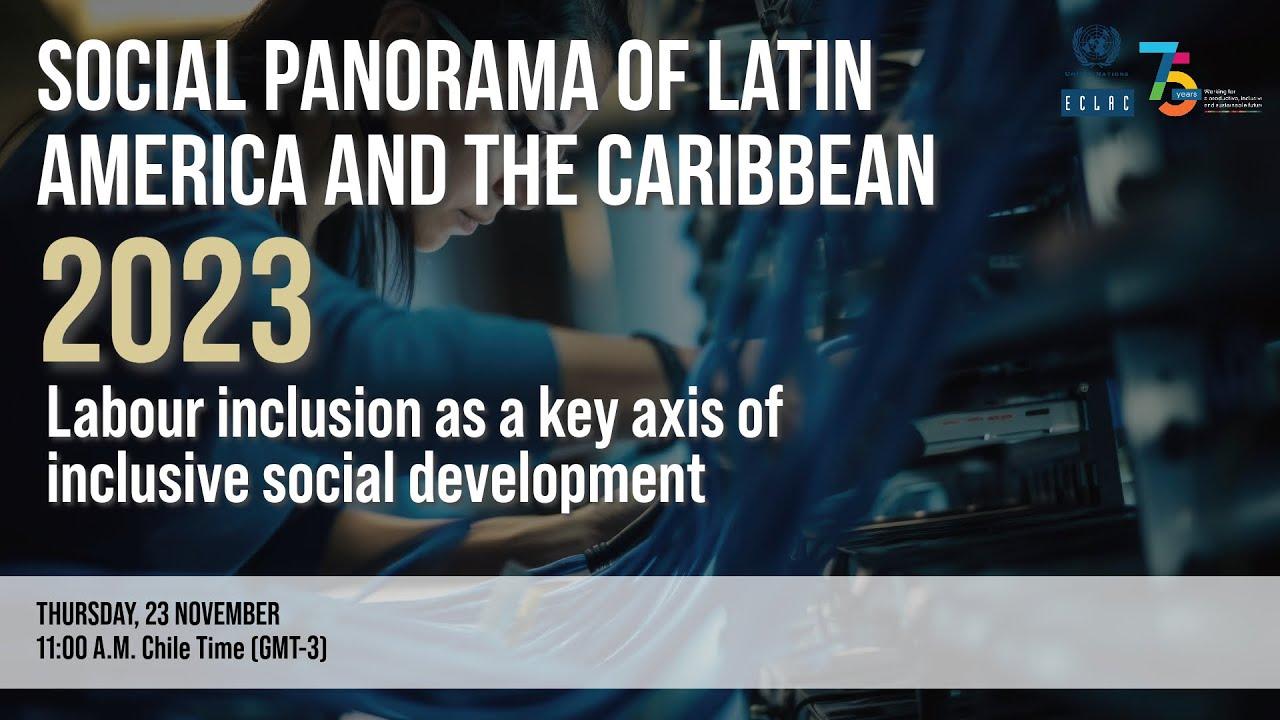Press Release
Government representatives and specialists gathered at a two-day seminar at ECLAC’s headquarters in Santiago, Chile underscored today the importance of technical and vocational education and training as a space for crucial articulation between education, work and development with equality in Latin America and the Caribbean.
The seminar Technical and Vocational Education and Training for Labor Inclusion and Greater Equality in Latin America and the Caribbean was inaugurated by Alicia Bárcena, Executive Secretary of the Economic Commission for Latin America and the Caribbean (ECLAC); Erland Skutlaberg, Acting Business Attaché at the Embassy of Norway in Chile; and Juan Manuel Santa Cruz, National Director of the National Service for Training and Employment (SENCE) of Chile.
The area of technical and vocational training and education, currently under renovation and reformulation in Latin America, is a space where challenges regarding education, work and countries’ productive development are linked to each other in a more direct way, Bárcena explained.
According to ECLAC’s data, on average about 60% of young people between 20 and 24 years of age in the region have completed secondary education, a figure that varies between the nearly universal levels seen in countries such as Chile and Peru and very low completion levels in Central American countries. Tertiary education, meanwhile, continues to be the bottleneck: only around 10% of young people between 25 and 29 years of age conclude it.
“While access to education has increased significantly in Latin America, the transition between school and the labor market continues to be an important challenge, even more so for women who today have more years of schooling but who continue to have higher unemployment rates, lower wages and a more precarious insertion,” Erland Skutlaberg of the Norwegian Embassy indicated.
Skutlaberg highlighted the results of the project Technical and Vocational Education and Training for Greater Equality in Latin America and the Caribbean, carried out by ECLAC since 2015 with financing from Norwegian cooperation, which includes the publication of more than 15 studies on the issue, as well as seminars, workshops and technical assistance in various countries of the region.
“Norway aspires to continue this good cooperation with ECLAC” in these and other areas, the official emphasized.
Along with expressing gratitude for the holding of the seminar, Juan Manuel Santa Cruz, from SENCE Chile, referred to “the social, demographic and technological changes that are transforming the world of work in a way that appears to be unprecedented.”
“Just as the world of work is changing, SENCE in Chile is also changing and modernizing itself,” said Santa Cruz, explaining some of the pillars of the reforms that President Sebastián Piñera’s government is carrying out.
After the opening remarks, Alicia Bárcena gave a presentation entitled “The inefficiency of inequality: education for greater labor inclusion,” in which she analyzed global disruptions and the current regional economic scenario and shared ECLAC’s most recent studies on the costs of not accessing education.
Upon analyzing data from 17 countries, the organization concluded that household income could have been up to 25% higher if the adults between 25 and 55 years of age in each household had completed their secondary education.
“To reduce poverty and inequality and increase household income, it is important to advance complementary public policies for labor inclusion and social protection,” Bárcena stressed.
We need a strategic vision, with short- and long-term measures, in the context of the 2030 Agenda for Sustainable Development, ECLAC’s Executive Secretary underscored.
“To move from a scenario of uncertainty to one of opportunities, it is necessary to strengthen labor institutions and labor policies for promoting decent work; expand access to social services and quality basic infrastructure as an active policy by countries; consolidate comprehensive and effective social protection systems; and confront gender inequality to prevent its intensification and move toward overcoming it,” she said, adding that “these policies should be linked to the challenges regarding changes to the productive structure in order to achieve sustainable development with equality.”



